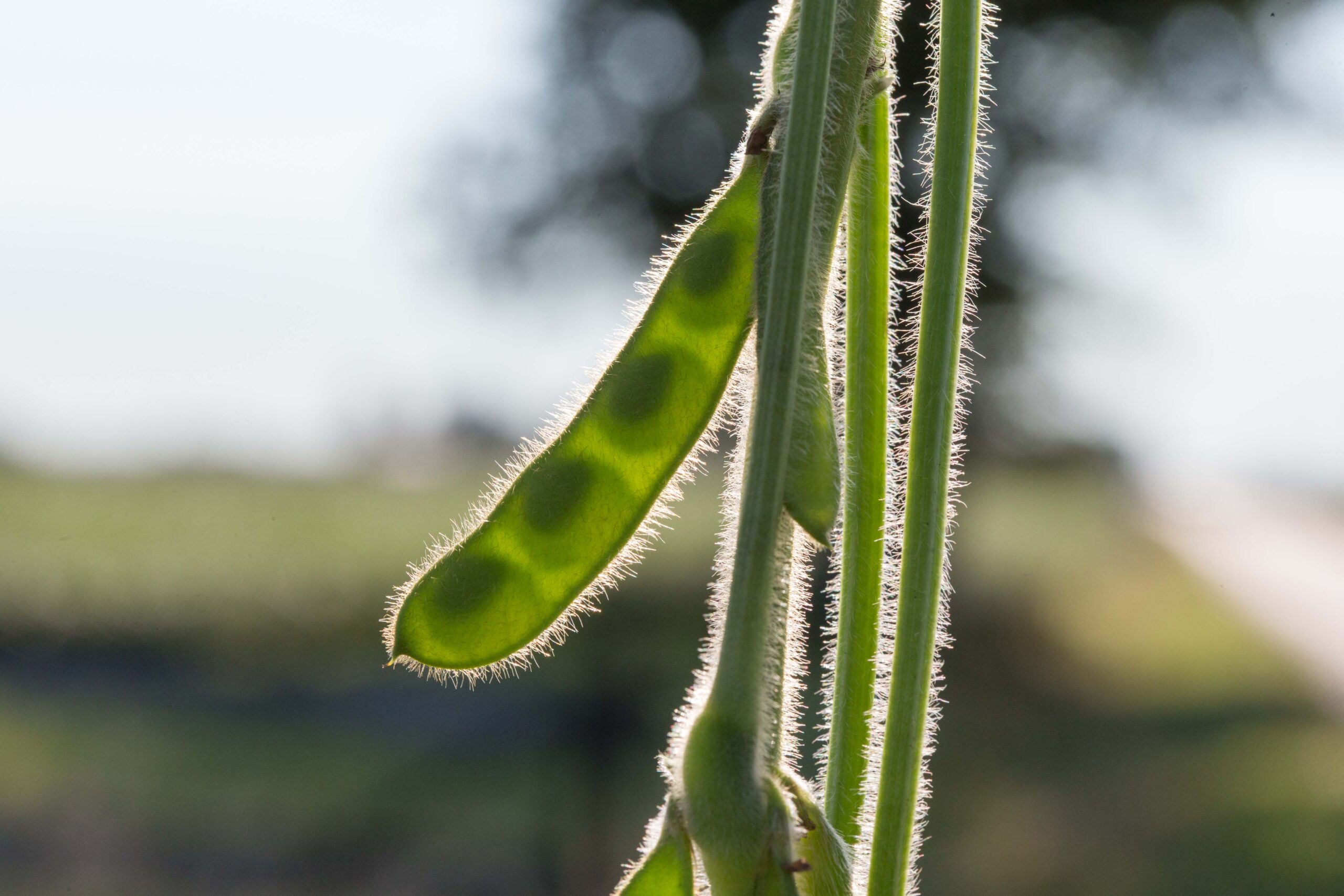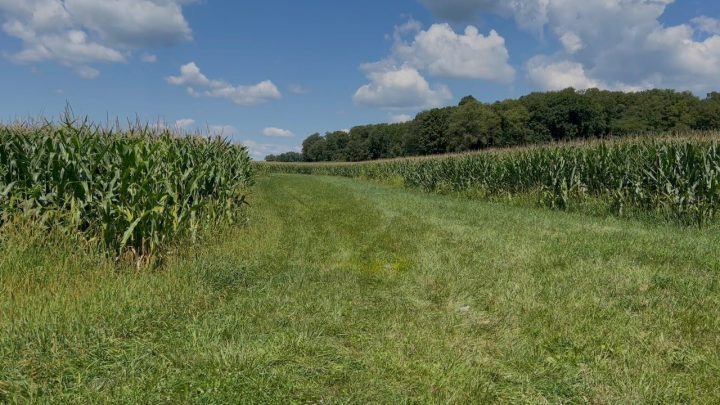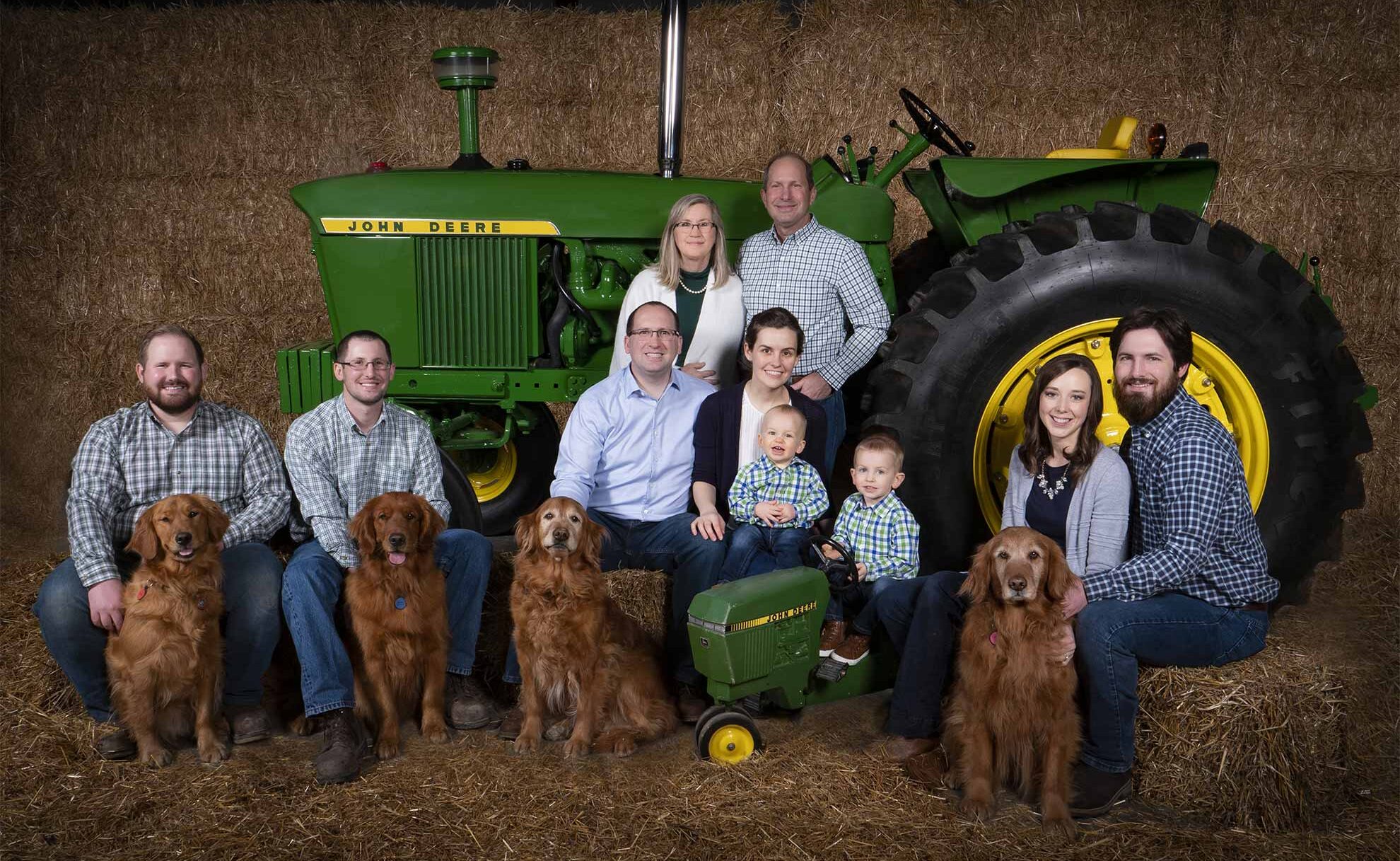Aligned Missions: Sustainability Across Industries

Soybeans are incredibly versatile plants. While they are commonly associated with food-based commodities (e.g., soy milk, tofu, and cooking oil), soybean components can replace other raw materials in a surprising diversity of products and services: from paints to plastics, sealants to soaps, biofuels to beer. Of particular note is that soybean components can be modified so that they work in the same way that petroleum-based feedstocks function. In today’s growing market for sustainable products, potential replacements for fossil fuels are moving into the spotlight.
Soybean farmers, too, are becoming key players in sustainable industry. The vast majority of U.S. soy farmers participate in conservation programs and use sustainable production practices on their farms, and Ohio farmers are no exception. They recognize both their responsibility for environmentally sound practices and the opportunities presented by sustainable agriculture.
The overlap between these two movements is both apparent and significant. And Airable Research Lab, funded by the Ohio Soybean Council and soybean checkoff, is working to foster the latter by building on the former.
From its location on the campus of Ohio Wesleyan University, the Airable research team explores ideas for innovative uses of soy. Since its founding in late 2019, the lab has been working on developing soy-based technologies for paints, plastics, monomers, surfactants, cleaners, lubricants, corrosion inhibitors, scale inhibitors, sealants and waxes.
Airable’s primary focus is to partner with commercial companies to identify how soybeans might be utilized to upgrade an existing product — or invent a new one. For example, the lab recently helped commercialize a soy-based bar and chain oil for a company with significant name recognition: DeWalt, a subsidiary of Stanley Black & Decker. Another recent achievement was the transfer of a technology license to LFS Chemistry for a soy-based scaleinhibiting additive that prevents the buildup of calcium scale in water systems (specifically, oil wells). DeWalt and LFS Chemistry have extensive experience and success commercializing products in their respective sectors, so these products are expected to have quick market success. And for every green bar and chain oil, a carcinogen-laden product goes unused; for every soy-based scale inhibitor used in oil production, a more toxic substance stays out of the ground.
The financial benefit for farmers is obvious: more soy-based products translate into more soybean sales. But equally clear is the alignment between the sustainability agendas. Agriculture plays a critical role in the environment, and our changing environment is having an overwhelming impact on agriculture. Finding alternatives to hazardous materials is a win for everyone: farmers, manufacturers, consumers, the planet.
“Of course, we’re focused on a better bottom line for farmers,” said Barry McGraw, Airable founder and chief laboratory officer. “But if there’s one thing all farmers have in common, it’s a healthy respect for the land they farm and the crops they provide. So, from the Ohio Soybean Council’s perspective, growing the soy-based marketplace is a multifaceted win.”

